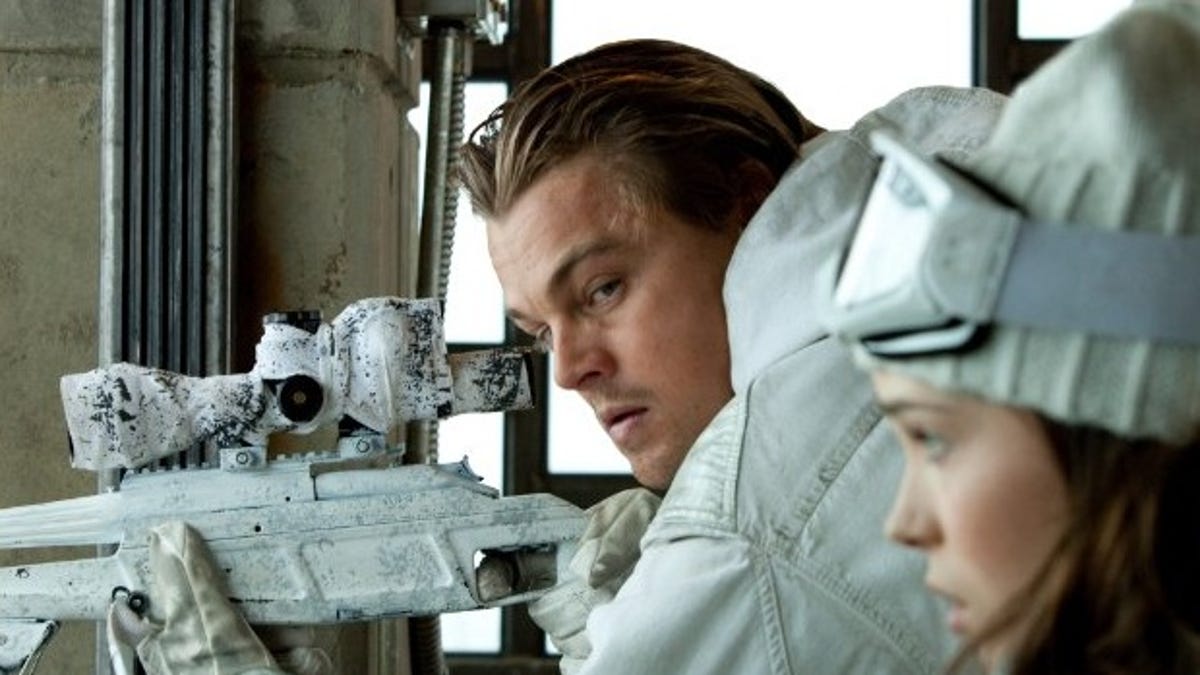Warner Bros. denies abusing DMCA in Hotfile case
Hotfile's allegations that the film studio filed false takedown requests sound outrageous, but the problem is they don't hold up.

LOS ANGELES--An online locker service accused by some of Hollywood's biggest film studios of "massive copyright violations," has made counter claims that generated a lot of press attention last week.
Hotfile, a Florida-based online storage service sued by the studios in February, alleges that one of its accusers, Warner Bros. Entertainment, made numerous false copyright claims as part of attempt to remove content from Hotfile's site.
Some media pundits have suggested that Warner's actions are an example of how the studios abuse copyright law and have even drawn comparisons with Hotfile's situation to the Stop Online Piracy Act (SOPA), the controversial antipiracy bill that the U.S. House of Representatives is considering. Critics claim SOPA is a threat to free speech and will break the Internet.
While all that's enticing stuff, the truth is that Hotfile's situation has nothing to do with SOPA. In addition, the locker service's allegations against Warner will unlikely have much impact on its case with the studios.
As part of the Digital Millennium Copyright Act of 1998, Internet service providers can qualify for protection against liability for copyright violations committed by users if they satisfy a set of requirements. These include the quick removal of infringing works once a copyright owner issues a written claim called a takedown notice.
Warner, Universal, Fox, Disney, and Sony Pictures allege in their complaint against Hotfile that the service encourages users to upload pirated movies and TV shows into digital lockers and then share the contents with others. Cloud services and digital lockers are a relatively new and popular way to share unauthorized movies and music and have become a target for antipiracy forces.
Bad faith?
In court documents, Warner indeed acknowledged sending erroneous takedown requests to Hotfile. The studio's managers also revealed they did not eyeball every piece of content they claimed was infringing but instead relied on automated systems to identify alleged violations.
On Friday, Warner tried to put the studio's errors into perspective.
• Warner sent about 1 million notices to Hotfile over two years, according to the studio's representatives. In all that time, Warner received a total of four notices from Hotfile users that claimed the studio had erred. In each case, Warner made no effort to block the content from being posted again to Hotfile.
• Hotfile has identified several hundred Warner notices which the locker service claims are suspect.
• Even if all of those claims were erroneous and Warner didn't own the copyright, the materials were still found to be pirated content that happened to be owned by others. They were not "public domain" works.
This is significant because the law doesn't allow copyright owners to issue take-down requests in bad faith or knowingly request the removal of non-infringing content.
But here's the thing, making a mistake on a claim does not equal bad faith. The law makes allowances for errors. That's why many service providers, such as YouTube, have a counter-claim procedure in place that enables someone accused of posting infringing material to dispute erroneous take-down notices.
Proving someone knowingly made a false copyright claim isn't easy. The Electronic Frontier Foundation, an advocacy group for tech companies and Internet users, filed suit against Universal Music Group in 2007 after the record label tried to remove a YouTube clip that featured a baby dancing to a snippet of music from the artist Prince.
EFF argued that the clip was obviously fair use and the take-down notice was just as obviously made in bad faith. Universal denied the allegations and after four years the case is still unresolved.
Warner denies making any bad faith claims and says that when dealing with more than 1 million takedown notices, it's not unreasonable to expect a few false positives. Warner says that the company has goofed on less than 1 percent of its notices.
There's also nothing in the DMCA that prohibits the use of automated systems to search for pirated material.
Nonetheless, if the court rules against Warner on the issue of takedown notices, Hotfile is unlikely to gain much. Any consequences would only impact Warner and not the other plaintiff studios.
Finally, there's the attempts to link Hotfile's situation to SOPA. According to Paul McGuire, a Warner spokesman, Hotfile's beef with Warner is a basic DMCA question regarding notice and takedown and has nothing to do with SOPA or Protect IP, similar legislation introduced in the U.S. Senate this year.
Those bills are trying to speed up the legal process for removing accused pirate sites from the Web.
"It's precisely because notice and takedown... is inadequate to address massive online infringement that SOPA and PROTECT IP--which focus on the roles of intermediaries in the online digital theft world--are crucial," McGuire said. "The two approaches are actually completely unrelated."

